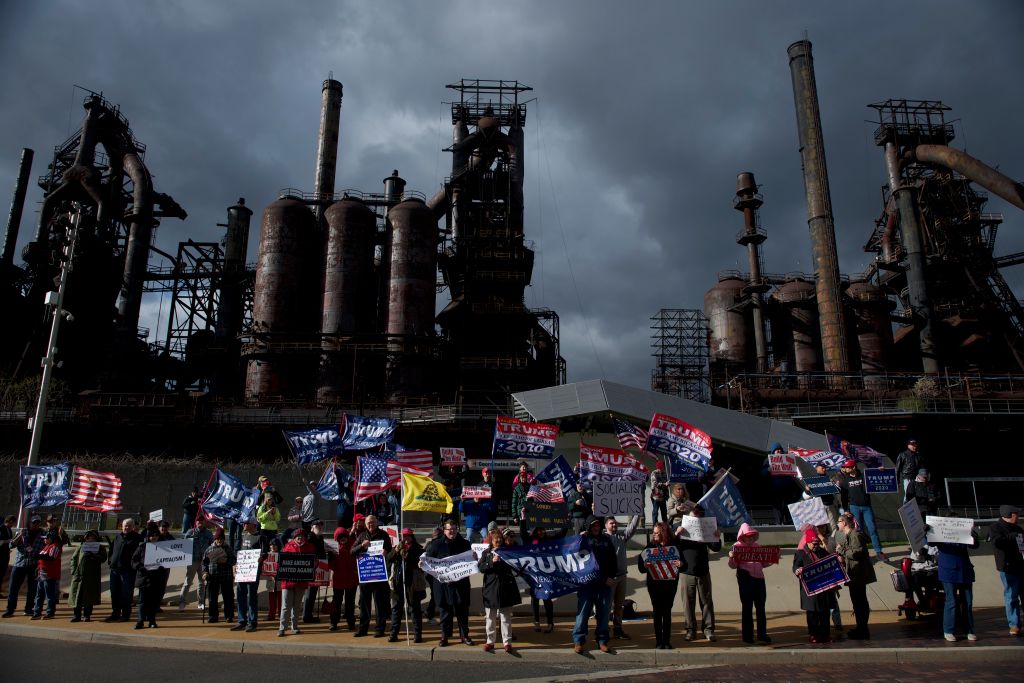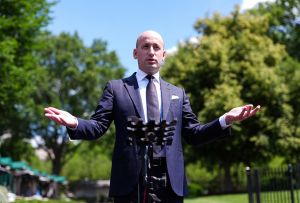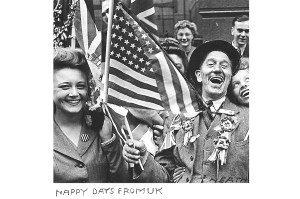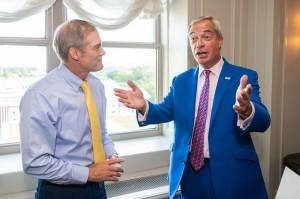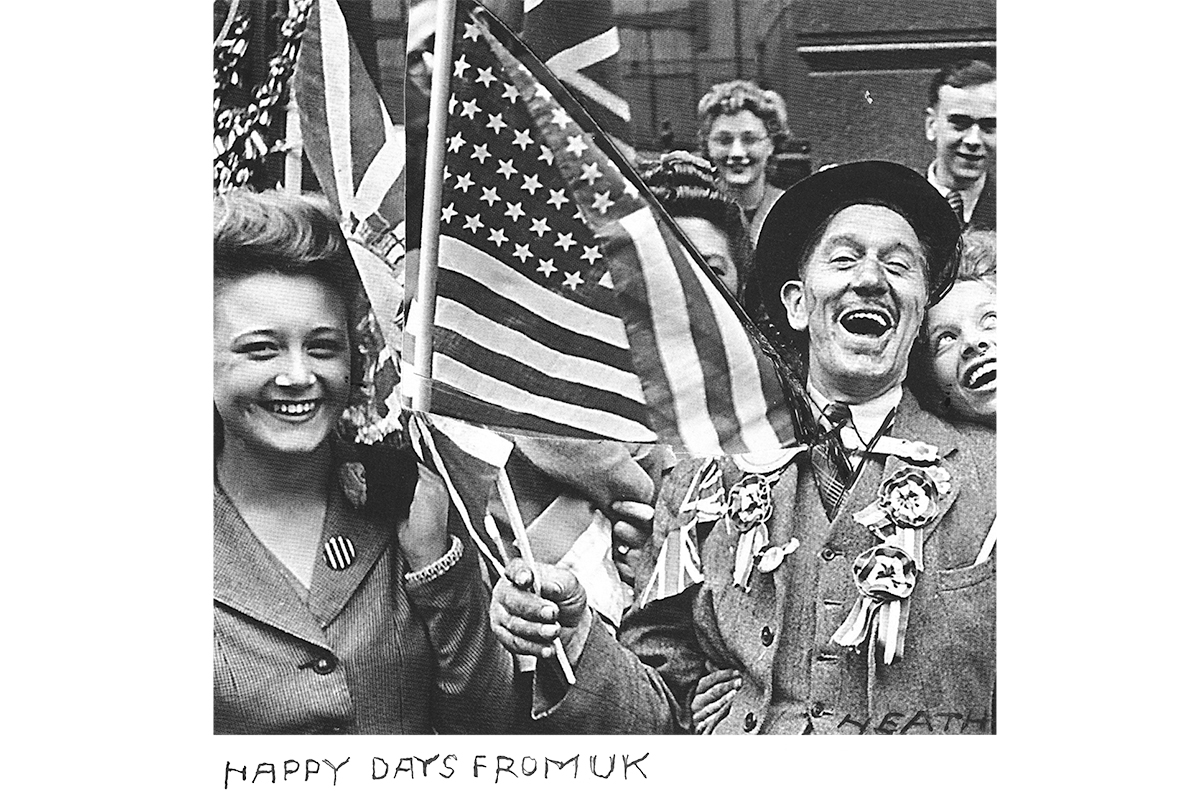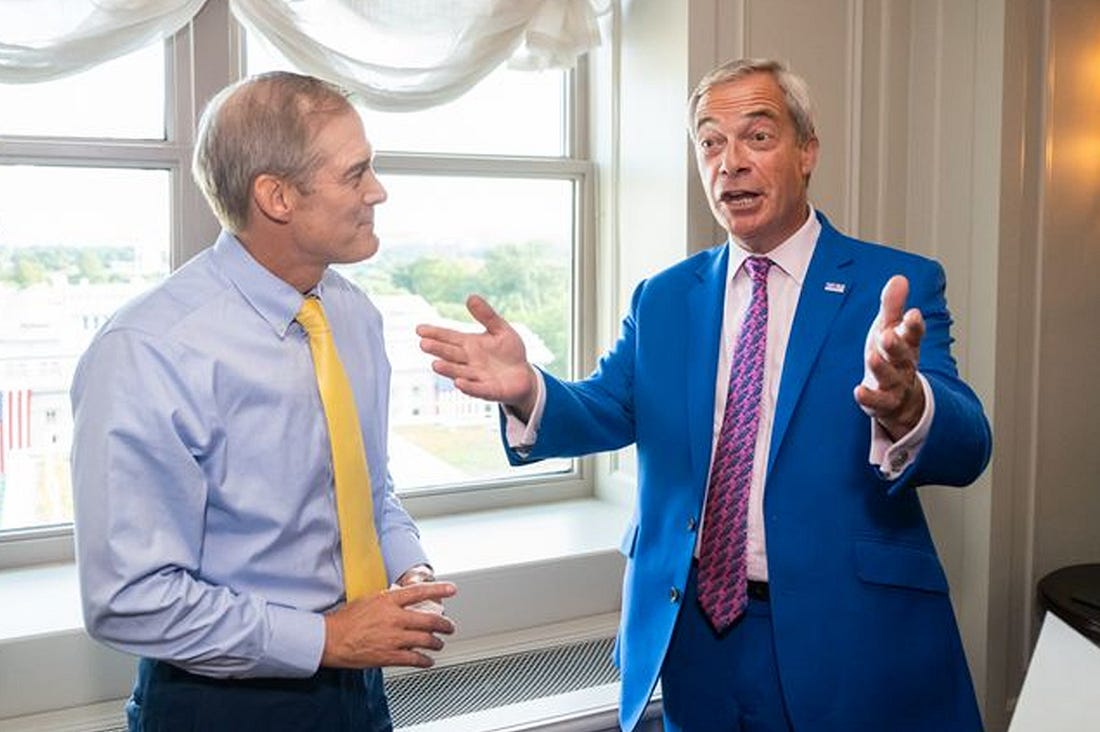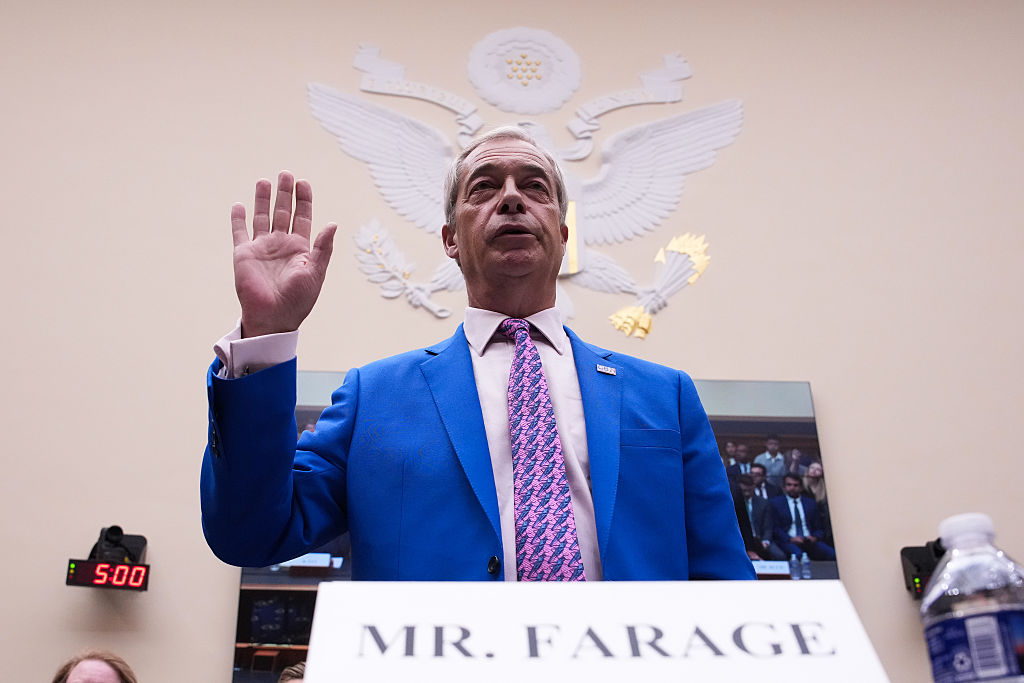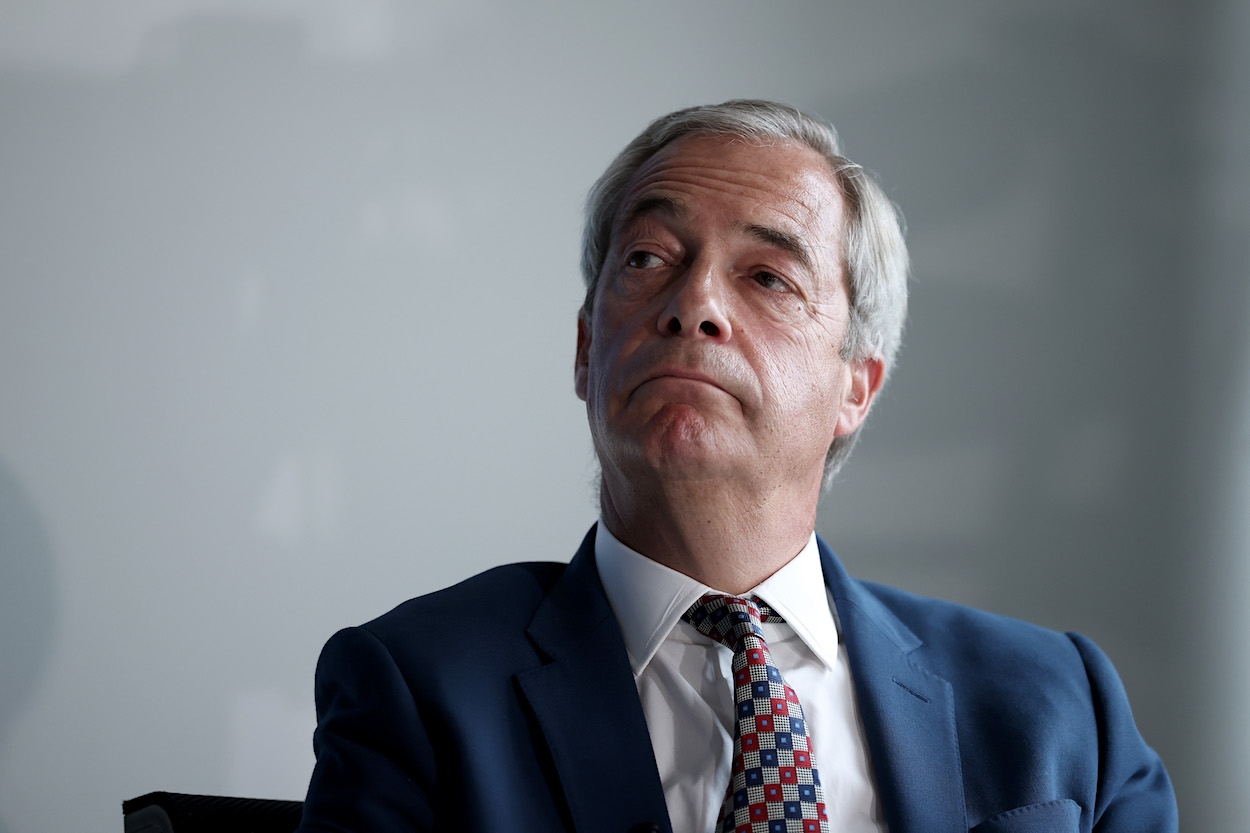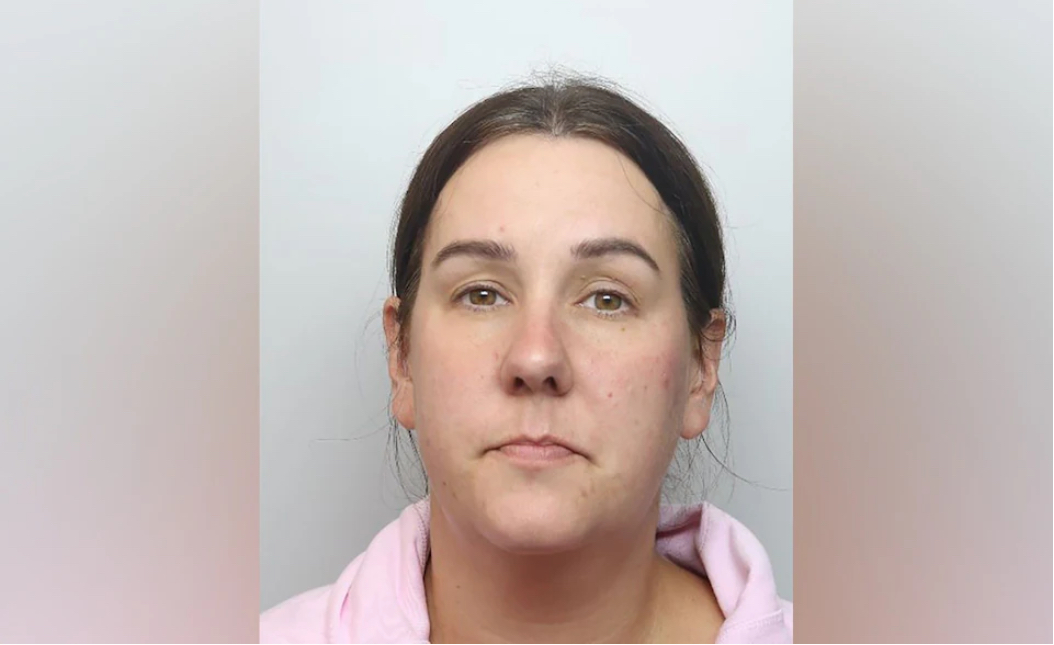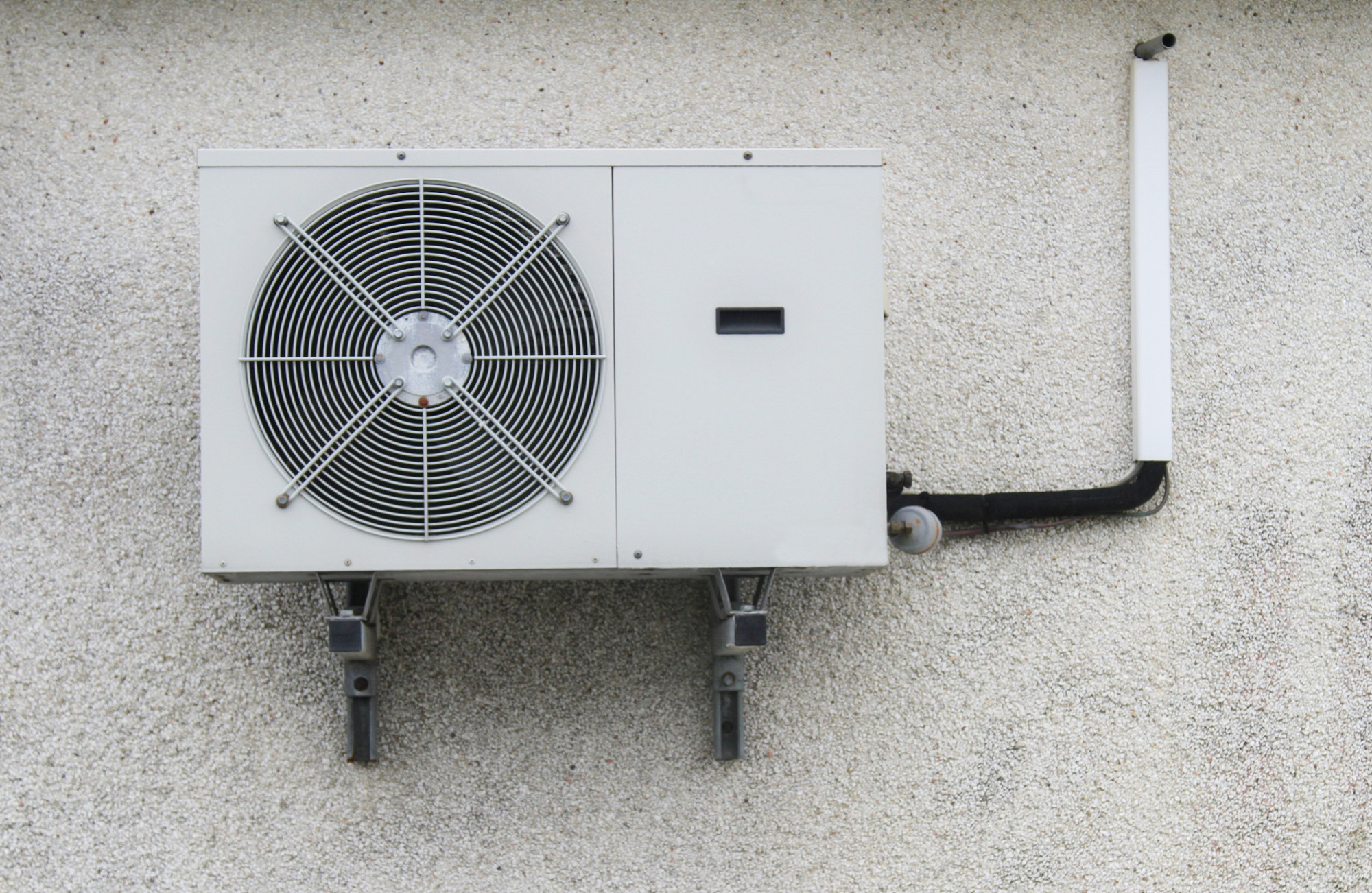Bethlehem, Pennsylvania, is a useful stop for journalists looking for some Rust Belt Americana not too far from New York. The city feels a bit like a museum. Not so long ago, Bethlehem Steel was one of the biggest steel and ship-building companies in the world. Today the vast mill, which shut down in 1995, is a cultural events center. Next to the mill is a replacement economic hub for Bethlehem — the Wind Creek mega-casino. My colleague Matt and I spent a couple of days in and around Bethlehem, Northampton County. Northampton voted for Barack Obama in 2012 and Donald Trump in 2016. Last week, by less than 1 percent at last count, it chose Joe Biden. It is a ‘bellwether’ county. It rained for most our stay.
Know-alls on Twitter scoff at the idea that Trump is a tribune of the new working class and that voting Democrat might now be a signifier of higher social status. They point to surveys which suggest that the majority of Americans who earn under $100,000 a year still voted for Biden, while the majority who earned more voted for Trump. Maybe so, but income and class are not the same. Away from the cities, the social divide is stark. In rural Pennsylvania and the more dilapidated suburbs, you see ‘Trump-Pence’ signs everywhere. In leafier areas, in front of the bigger houses, it’s all ‘Biden-Harris’.
We stayed in an Airbnb, a large mock-Tudor house called Copper Beach Manor. Our hosts, Paul and Diane, were charming people but fierce Democrats. On their front lawn, they had not just pro-Biden but anti-Trump signs. ‘Truth over lies,’ said one. ‘Not voting is the #1 cause of unwanted presidencies,’ said another, with an image of Trump in a nappy. Diane is a psychologist. She told us that most of her clients were severely traumatized by their babyish president. Every day, she said, she sees patients, who ‘are struggling with anxiety because of what he is doing’. I wondered if Diane might not be similarly afflicted. ‘Nobody around here supports Trump,’ she told us. ‘Well, there are maybe a couple of creepy Trump people but nobody likes them.’
[special_offer]
On our second night in Bethlehem, Matt and I visited the Wind Creek casino. We saw lots of masked seniors on the slot machines, socially distancing as they chugged through their savings. I was seduced by a glaring pink Dolly Parton-themed one-armed bandit, but — luckily, in hindsight — my bank card didn’t work on any of the terminals. Outside, we saw an absurdly long stretch limo. In one of its windows a sign said ‘Zhang’. The paunchy driver leaned on the bonnet, smoking. Two cheerful biddies came out and began flirting with him: ‘You come to take us home?’ ‘You Chinese?’ he replied, and they laughed. Then a very young Chinese man emerged from the casino, mask on face and hands in pockets. The driver asked him to confirm his destination: Manhattan’s Upper West Side. The boy barely nodded and climbed in. ‘Good luck,’ hooted the ladies, as the driver waved goodbye and cruised off. A Chinese rich-kid being chauffeured back to ritzy New York on his own after a night spent gambling in a post-industrial wasteland during a pandemic — isn’t globalization marvelous?
I went on to Washington DC for the election. The day itself was beautiful. It was a shame that all the shops and offices downtown had to be boarded up in anticipation of riots. One Washington resident told me she expected aggro even if Biden won, because ‘they just love smashing stuff up’. As it was, the result was so muddling that the antifa thugs didn’t quite know what to do. On Saturday, when the news networks finally announced the result, Washingtonians danced in the streets, honked their car horns and cheered at each other. It sounded like relief more than jubilation.
The night after the election, I went with The Spectator’s Douglas Murray to see Nigel Farage in the Trump Hotel on Pennsylvania Avenue. Down the road, the President was still claiming victory, but the atmosphere here was sombre. Various Trumpworld figures came up to Nigel and they swapped consolations. The Trump Hotel is (I think, though Douglas doesn’t agree) a beautifully converted former federal post office building. Nigel called it his ‘cathedral’ and looked up at the distant ceiling with childlike wonder. We ordered too many strong gin and tonics. ‘They mix a proper drink here,’ said Nigel. The mood brightened as the booze sank in. Nigel told me he wanted his new Reform party to knock 10 points off Boris in the polls. He also said with certainty that, if indeed defeated, Donald Trump would run again in 2024. Won’t he just launch a Trump TV network, I asked. ‘Why can’t he do both?’ he answered. ‘I would.’
This article was originally published in The Spectator’s UK magazine. Subscribe to the US edition here.



